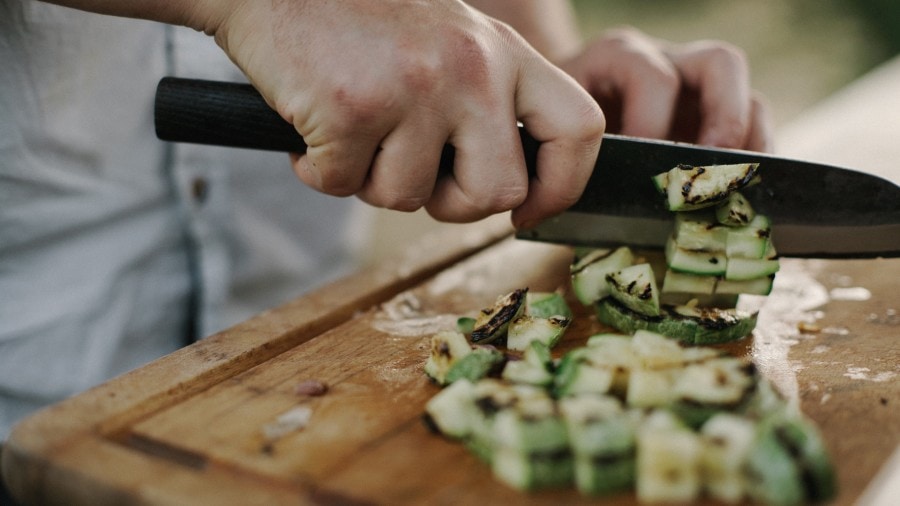For any kitchen professional, a set of Damascus kitchen knives is not just another utility; it is a symbol of craftsmanship, elegance, and cutting efficiency. However, maintaining their beauty and function requires proper care and cleaning. Cleaning Damascus kitchen knives is not merely about washing with soap and waterit involves understanding the material, craftsmanship, and the methodical steps needed to preserve the blade's integrity.

Understanding Damascus Steel: More Than Meets the Eye
The allure of Damascus steel lies in its storied past and the mystique of its patterned wavy designs. Originating thousands of years ago, these knives are forged by layering different types of steel and iron, giving them their distinctive wave patterns. This unique construction not only endows them with strength and sharpness but also requires meticulous cleaning to maintain their character and quality.
Why is Cleaning Crucial?
Proper cleaning is essential not only to maintain the aesthetic value of your Damascus knives but also to ensure their functionality over time. The layered steel construction can trap residues and moisture, which may lead to rust and corrosion if not properly addressed. Thus, understanding how to clean these knives meticulously helps to keep them in perfect condition, ensuring longevity and performance.
Steps for Cleaning Your Damascus Knives
Immediate Cleaning After Use
After using your Damascus knife, rinse it under warm running water to remove any food particles. Avoid letting food dry on the blade, as this can make cleaning more difficult and potentially damage the intricate patterns.
Gentle Cleaning Techniques
Use a soft sponge or cloth with mild dish soap to gently clean the blade. Avoid abrasive materials that could scratch the knife's surface. Pay attention to the edges and any groves that might harbor particles. Rinse thoroughly to remove soap residue.
Dry Completely
After cleaning, dry your knife immediately with a soft towel. Leaving it to air dry can lead to spotting and potential rust formation due to the lingering moisture.
Advanced Tips for Damascus Knife Care
Occasional Polishing
For added maintenance, polish your knife occasionally using a non-abrasive metal polish. This helps to keep the blade's surface smooth and its patterns vivid.
Storage Solutions
Proper storage is essential. Use a knife block, magnetic strip, or sheath to prevent the blades from knocking against harder materials. For detailed storage tips, check out this article on Storing Damascus Knives Safely.
Common Mistakes to Avoid
Avoid soaking your Damascus knives in water which can lead to rust. Never put these knives in the dishwasher since the harsh detergents and hot temperatures can ruin both the blade and the handle over time.

Frequently Asked Questions
Can I use bleach or harsh cleaners to clean my Damascus knife?
No, using bleach or harsh cleaners can damage the steel's intricate pattern and shorten its lifespan.
What should I do if my knife gets rust spots?
If rust spots appear, gently use a damp cloth with baking soda to rub the affected areas and remove the rust, then rinse and dry thoroughly.
Is oiling the knife necessary?
Oiling is optional but highly recommended. Apply a thin layer of food-grade mineral oil to protect your knife from moisture that can cause rust.
For more insights into the care and usage of different knife types, you might find this comparison interesting: Santoku vs Chef Knife and Paring vs Utility Knife.
This article contains affiliate links. We may earn a commission at no extra cost to you.


























